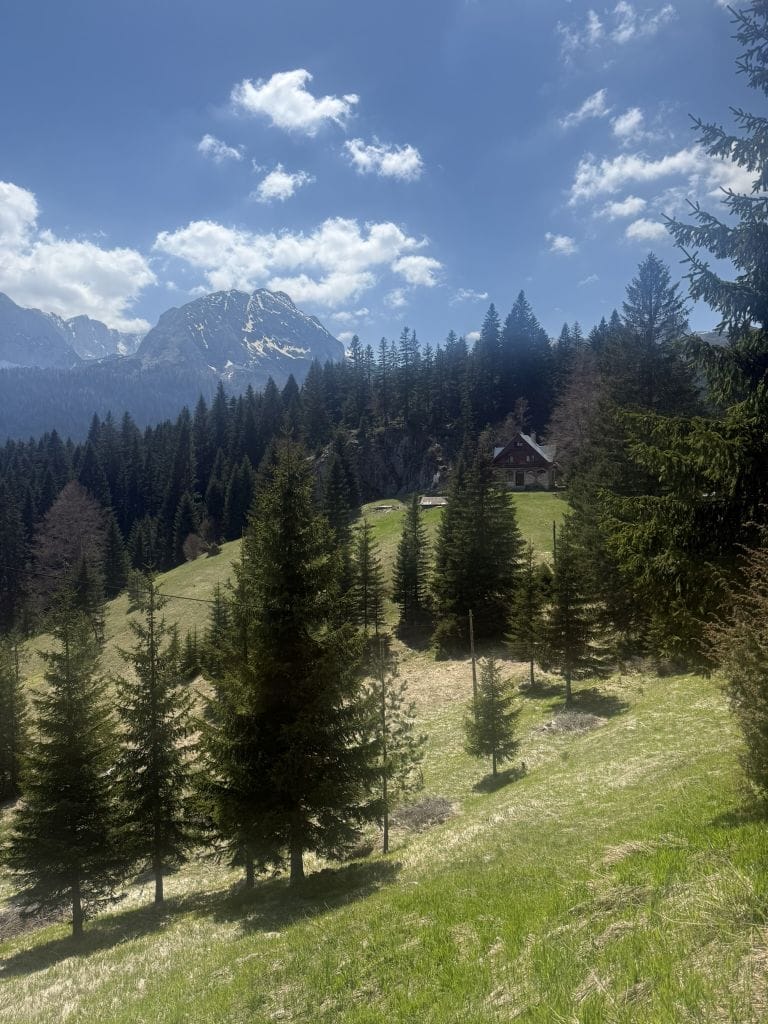
Across the Balkans: Warm Welcomes, Wild Roads, and Unfiltered Beauty

A Journey Through Hospitality
Traveling through the Balkans has been a deeply human experience. We met travelers from every corner of Europe — and even South America and New Zealand — drawn here by the same spirit of curiosity. Despite language barriers, the warmth of the locals always found a way through. Whether it was a friendly wave, a cup of Raki, or help on a remote trail, people across the Balkans made us feel not just welcome, but celebrated.
In over 2,000 km of driving, we had maybe five moments that felt like tourist traps — and a hundred that felt like home. From campsites waving off payment because it was still off-season, to mountain villagers offering us food simply because we smiled and said hello, the kindness was overwhelming.
Now that we’ve seen much of the region, here’s what each country showed us.
Slovenia
Slovenia felt like Austria’s laid-back cousin. Clean, orderly, and deeply integrated with the EU, it offered the comforts of Western Europe with the rugged beauty of the Balkans. The Alps are omnipresent — snow-capped peaks visible from almost anywhere. Diesel was around 1.50€/l. No street dogs. Trails were well-marked, and the roads felt modest yet respectful.
Camping infrastructure was excellent, with designated spots, fresh water, and welcoming hosts. Towns had a quiet charm, and it was easy to blend in without feeling like a tourist. The country felt incredibly safe and relaxed, perfect for slow travel.
Croatia
We only explored the eastern part so far, but it left an impression. Abandoned houses — many in various states of decay — were a haunting reminder of the region’s past. National parks leaned more toward structured tours than natural hiking experiences. Boondocking is technically forbidden, but off-season leniency offered us some flexibility. Street dogs were rare, and laundromats were widely available.
Inland villages were sleepy but soulful, often shadowed by the ghosts of war and migration. The landscape was dotted with remnants of past industries and slowly returning life. It was a place to observe, reflect, and listen more than to do.
Serbia
Serbia brought contrasts. Diesel was expensive (1.70€/l), and laundromats were almost non-existent. Yet, it’s one of the friendliest countries we’ve ever visited. Yes, there were wild trash sites and risk-taking drivers, but also generous gestures and helpful strangers. Boondocking was easy, and camp owners often welcomed us with free access to their facilities, because they weren’t officially open yet.
Villages felt raw and real. Fences were high, dogs barked a lot, but people smiled with their whole face. We stumbled on hidden monasteries and old railway lines in the hills. Conversations often started with hand gestures and ended with shared tea or Raki.
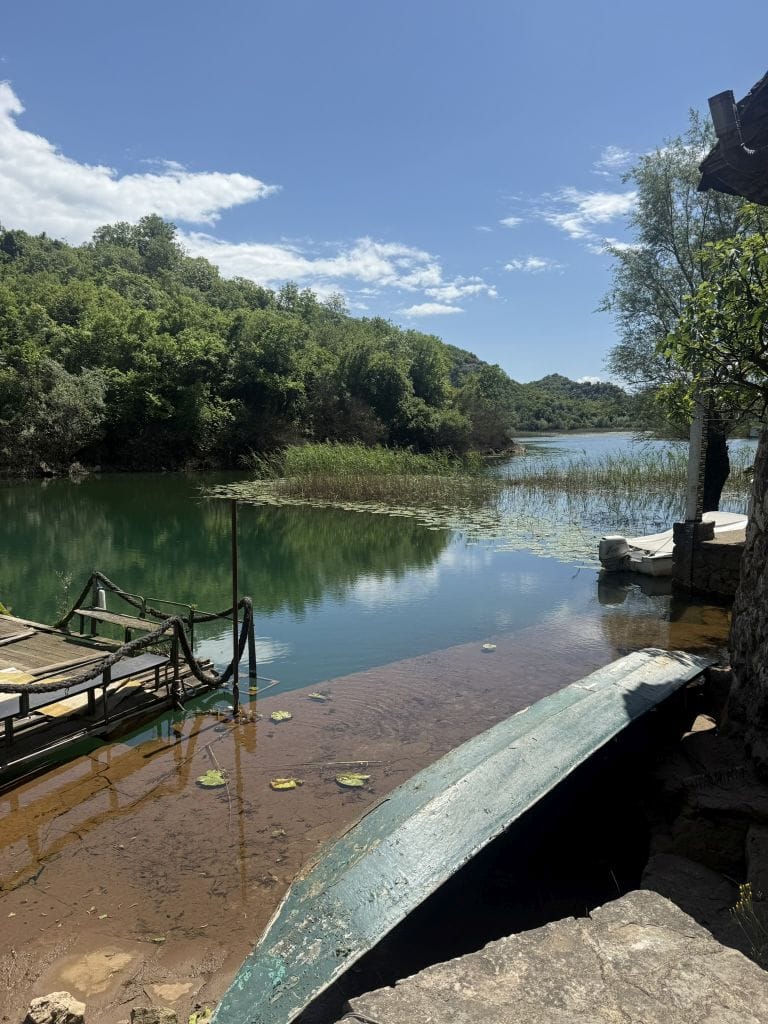
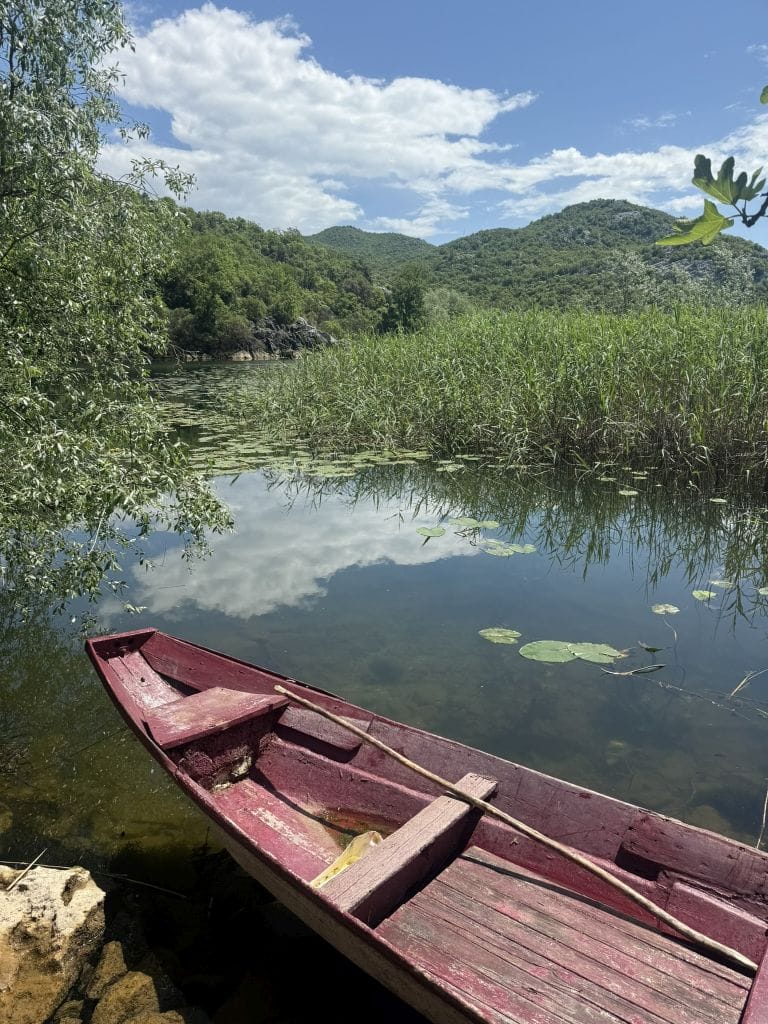
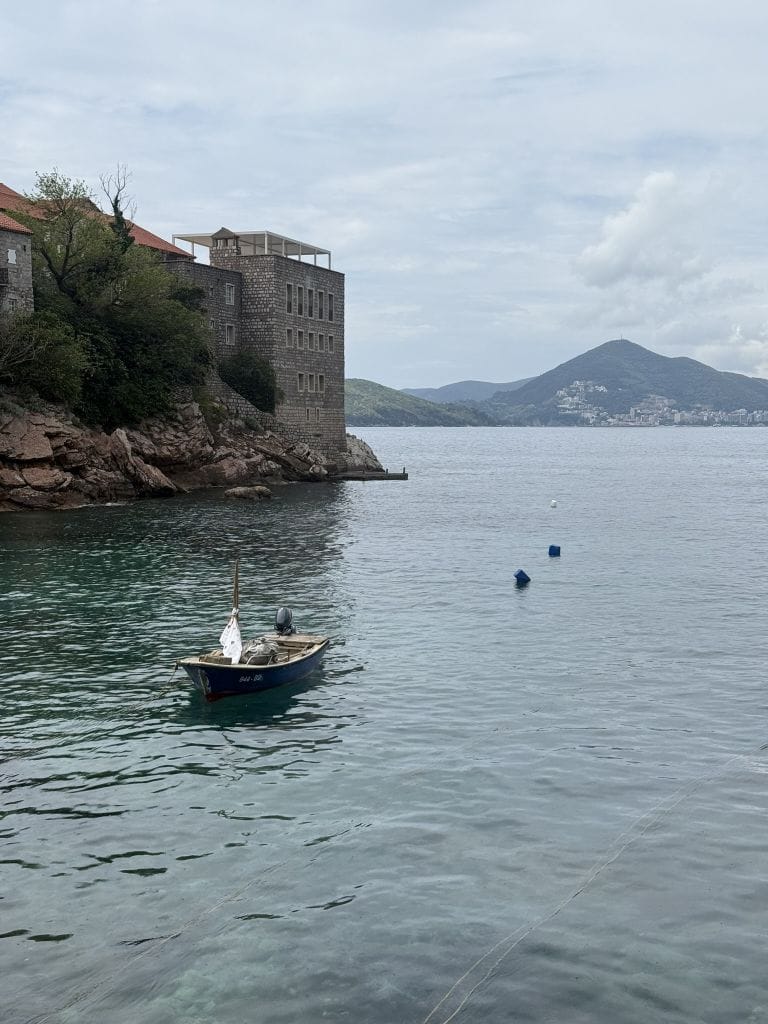
North Macedonia
A land of striking differences. Street dogs roamed in large numbers, yet most were tagged and vaccinated. Trash was sadly a recurring sight — even in protected areas. Still, Ohrid stole our hearts. Its quiet lakeside charm and the faded glory of Turkish bazaars offered depth and beauty. Diesel at 1.10€/l, wide use of the Euro (albeit unofficially), and simple boondocking made it a great stop.
Markets were alive with color, smell, and chatter. Even when products were basic, the energy was rich. Locals offered directions with smiles, and kids were curious about our big vehicle. Boondocking was easy and never once felt unsafe.
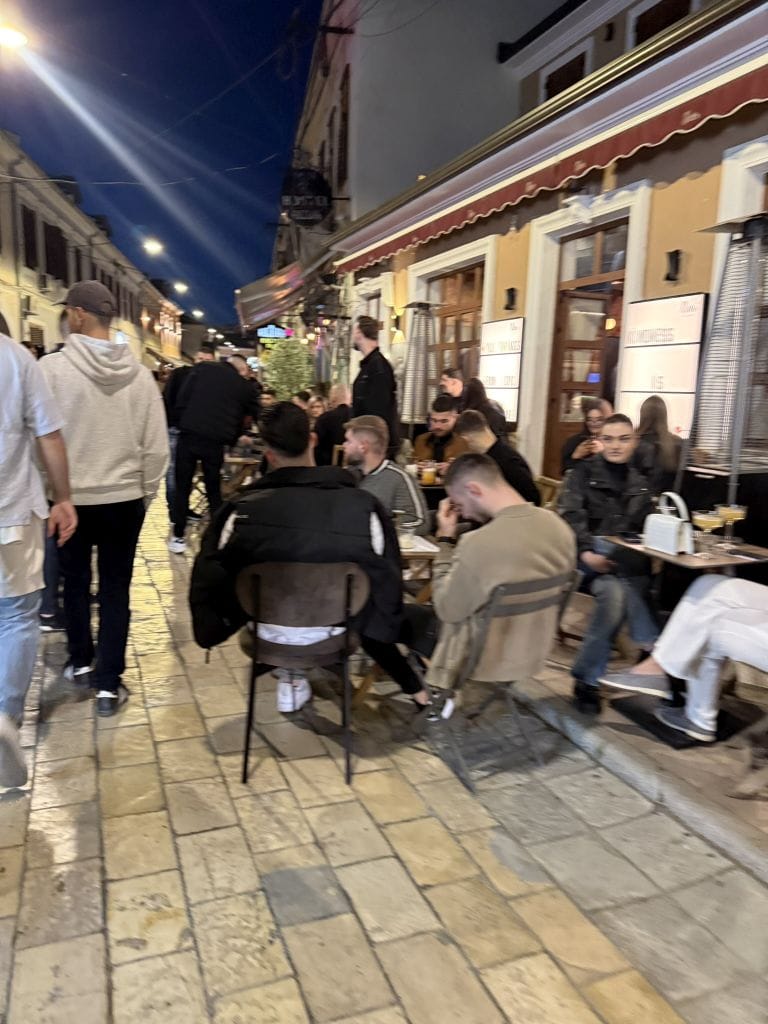
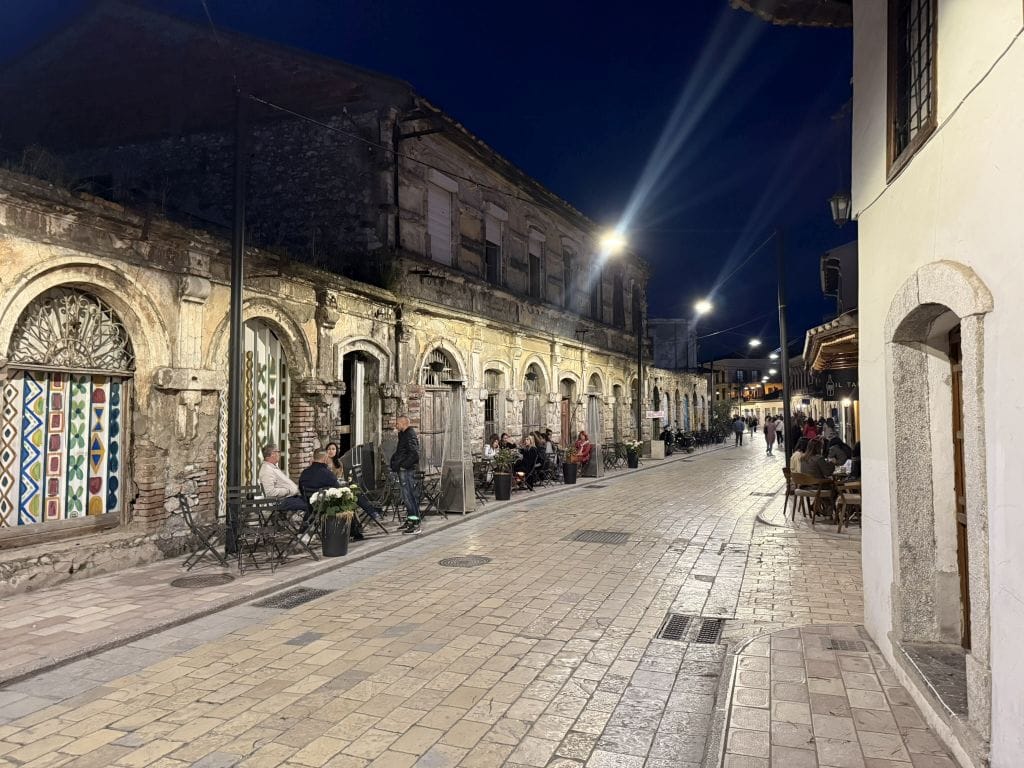
Albania
Albania was a blend of unpredictability and authenticity. Drivers were erratic, and some roads felt indistinguishable from off-road tracks. But the warmth of the people outshined the chaos. Locals sell garden produce on sidewalks or highway shoulders. Lavazh (car washes) are everywhere. Old Mercedes cars dominate the streets. Boondocking was easy, and every time we pulled over with our motorbike to take photos, at least one car would stop and check if we were okay. The Euro is widely accepted, and generosity was constant.
Street scenes were lively and unfiltered — goats, cows even horses roaming freely on country roads, markets around any bend, and smiles from elders who live slowly. We felt like guests in someone’s extended backyard rather than visitors in a country.

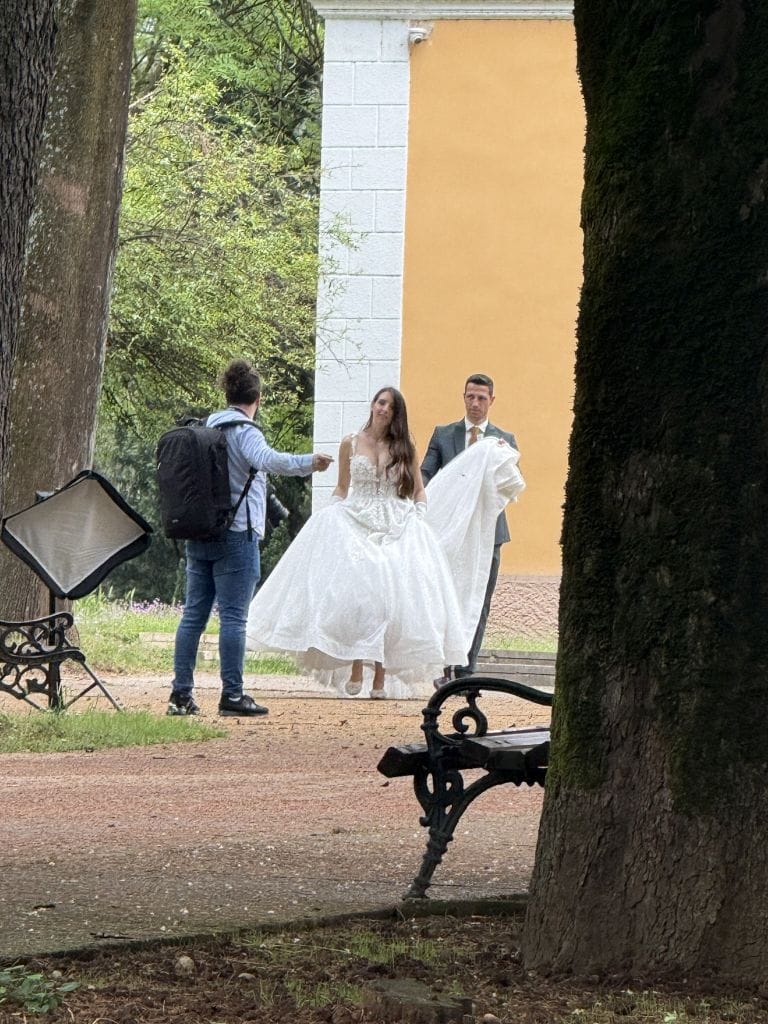
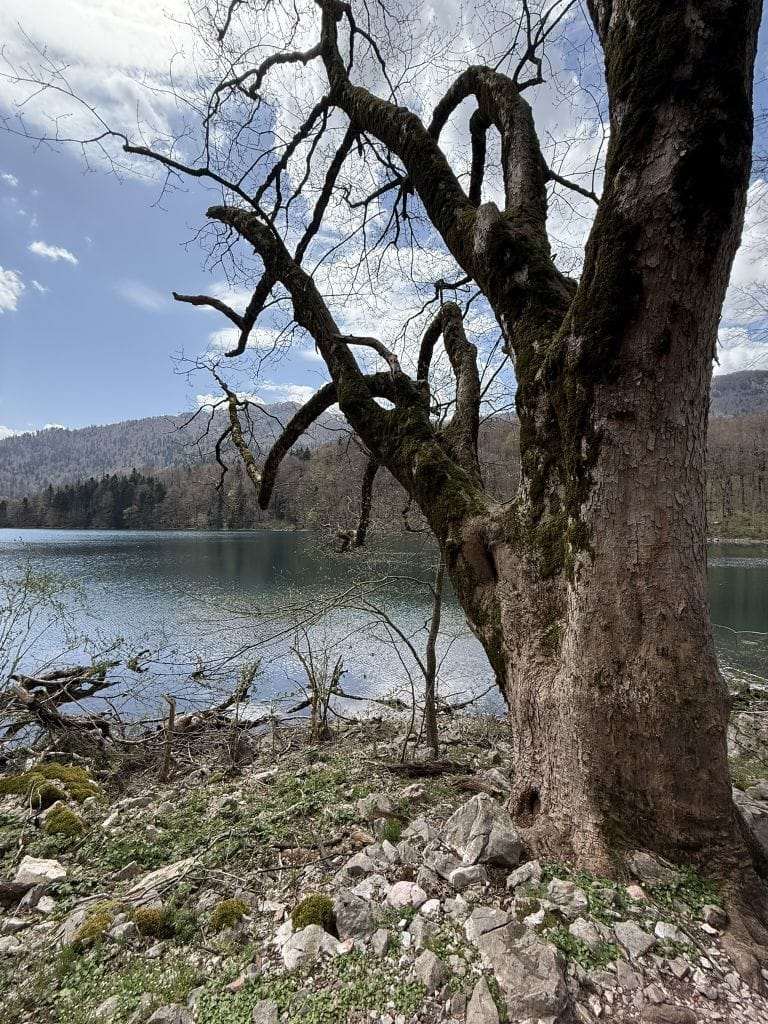
Montenegro
The most EU-like of the non-member states. Clean streets, well-marked hiking trails, and solid infrastructure in national parks. The official (but technically informal) use of the Euro made travel seamless. Diesel was cheap. With its snowy peaks and dramatic canyons, Montenegro reminded us of Switzerland — only wilder and warmer.
Mountain roads twisted through pine forests and opened to panoramic viewpoints that took our breath away. Villages had a fairytale quietness. It felt more developed, with the balance of natural beauty and tourism being handled with care.
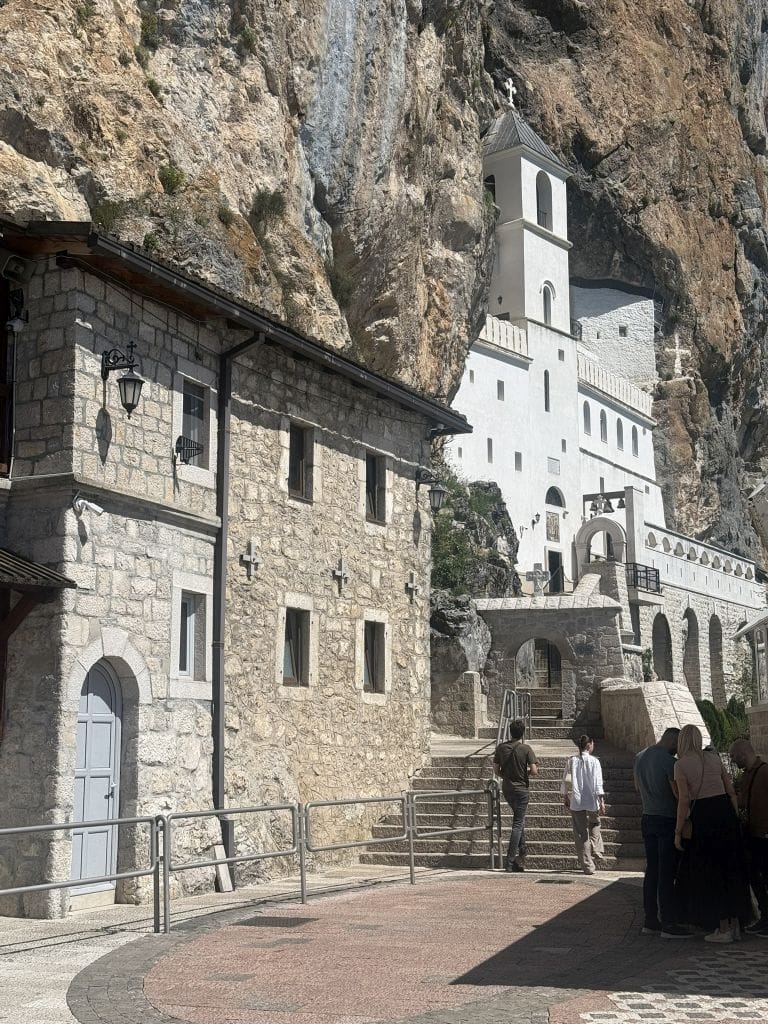
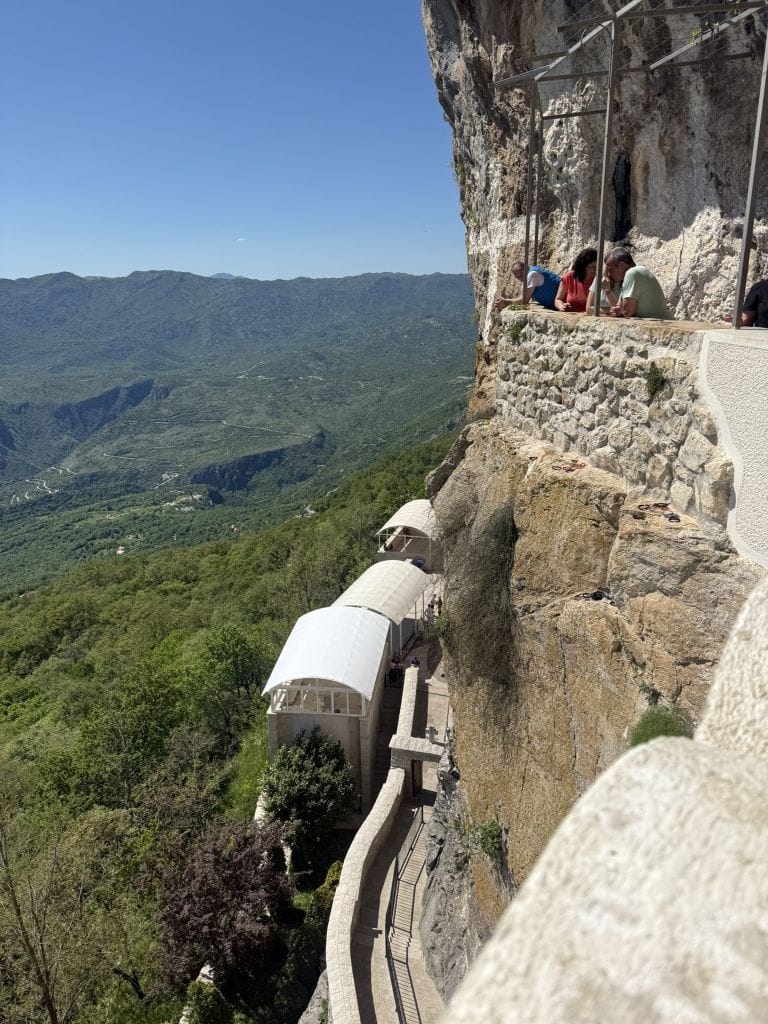
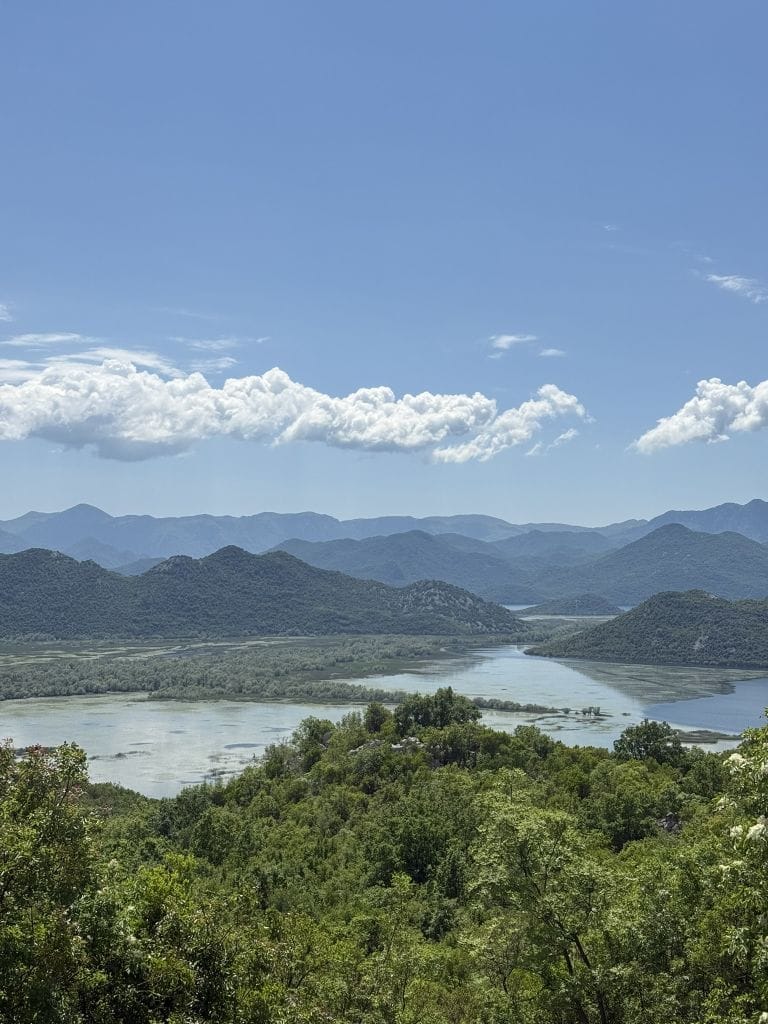
Bosnia and Herzegovina (Not Yet)
We planned to cross into Bosnia — but Durmitor National Park had other plans. The landscapes were just too stunning to leave. Days passed with forest hikes and mirror-like lakes beneath 2,000-meter peaks. So Bosnia waits, but we will come.
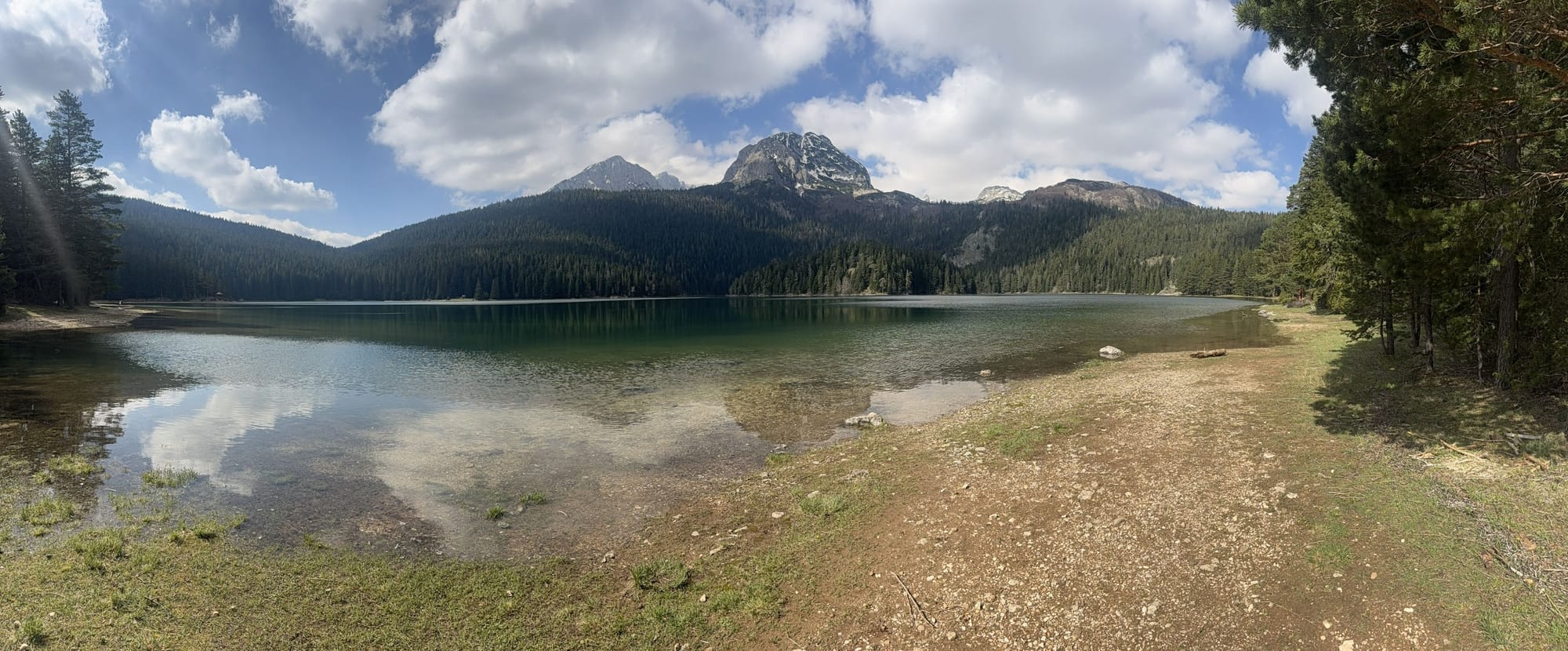
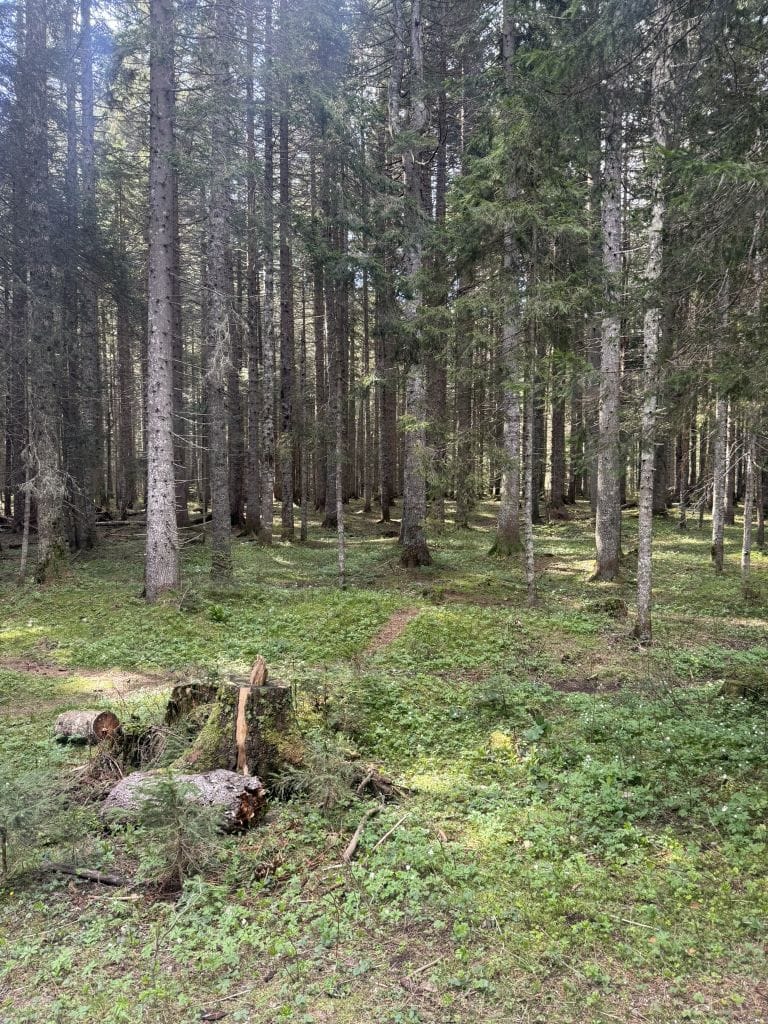
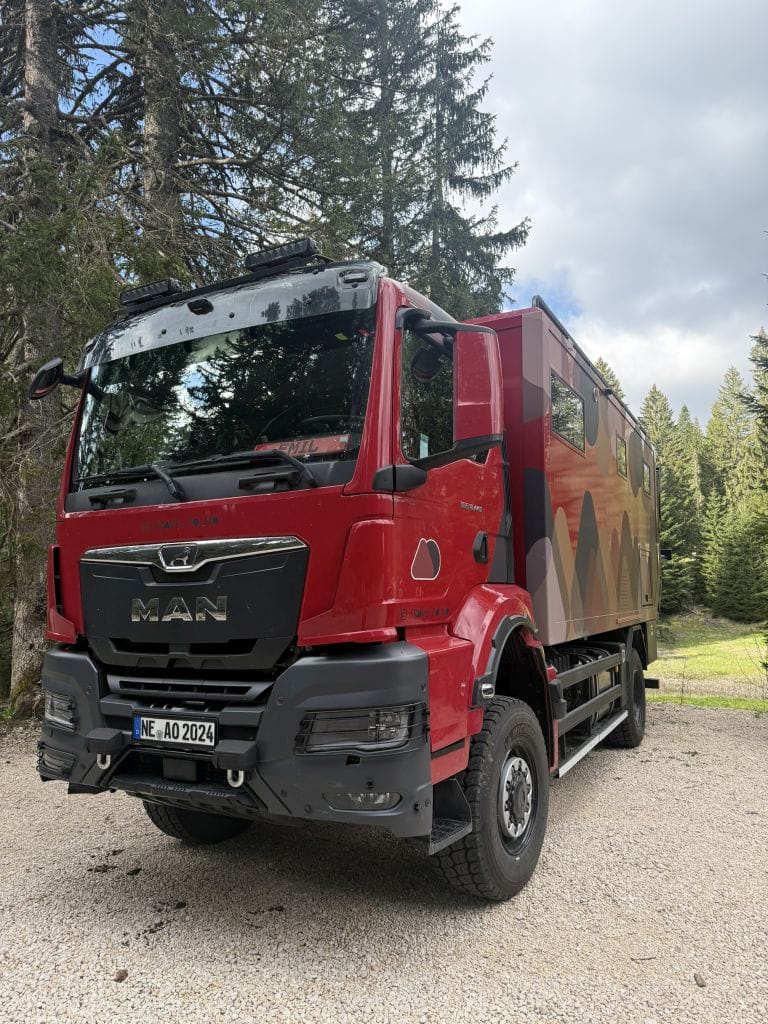
The few steps we took toward the border were already promising — rough tracks, but with peaceful villages nestled between dramatic slopes. We look forward to the stories waiting on the other side.
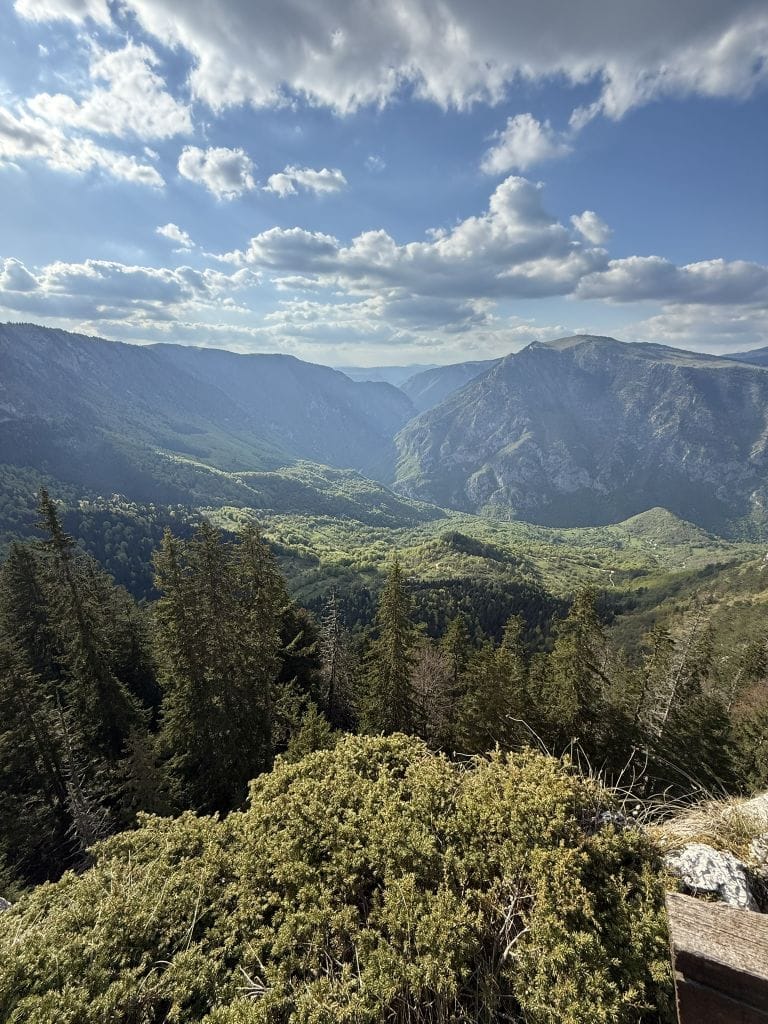
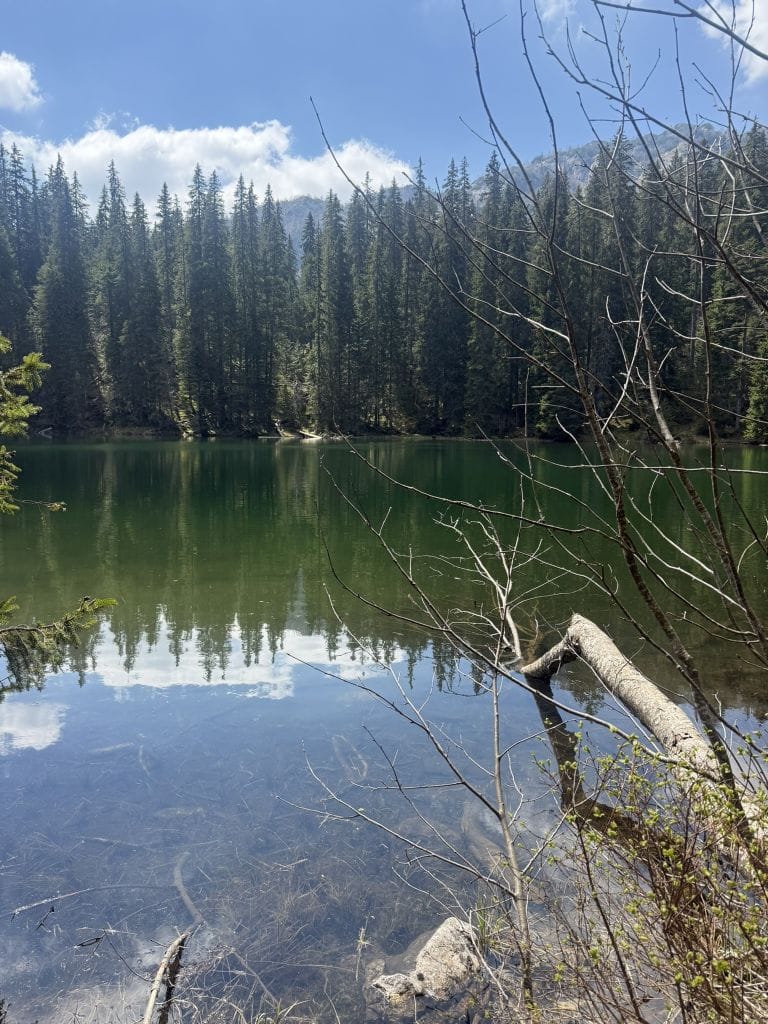
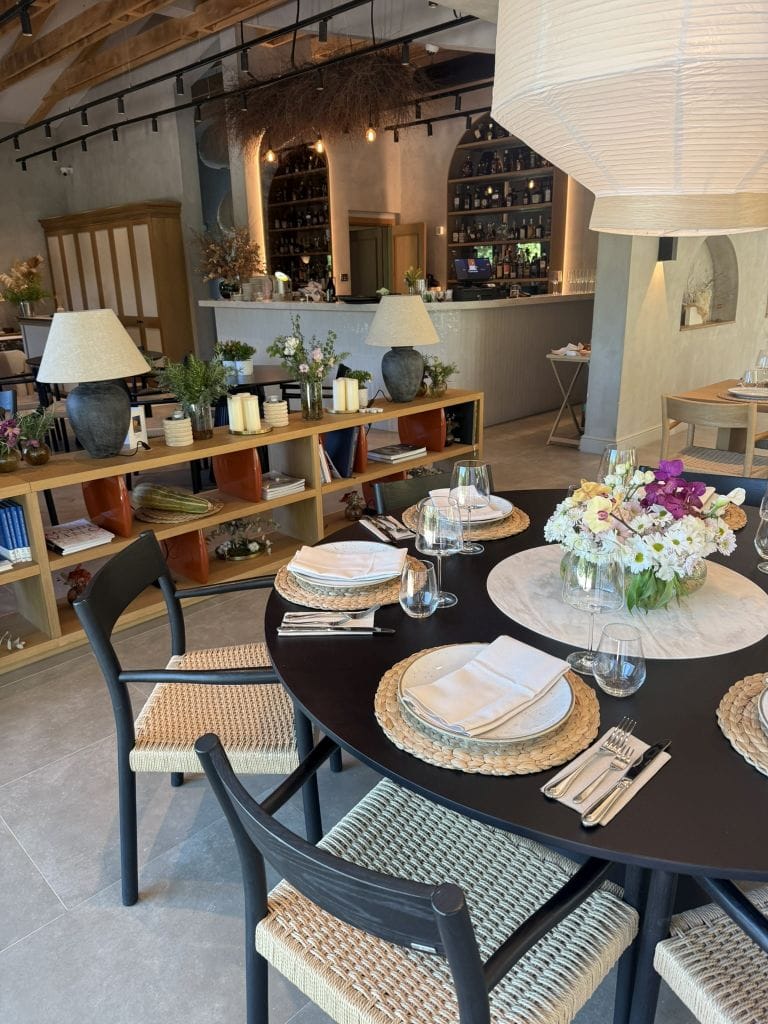
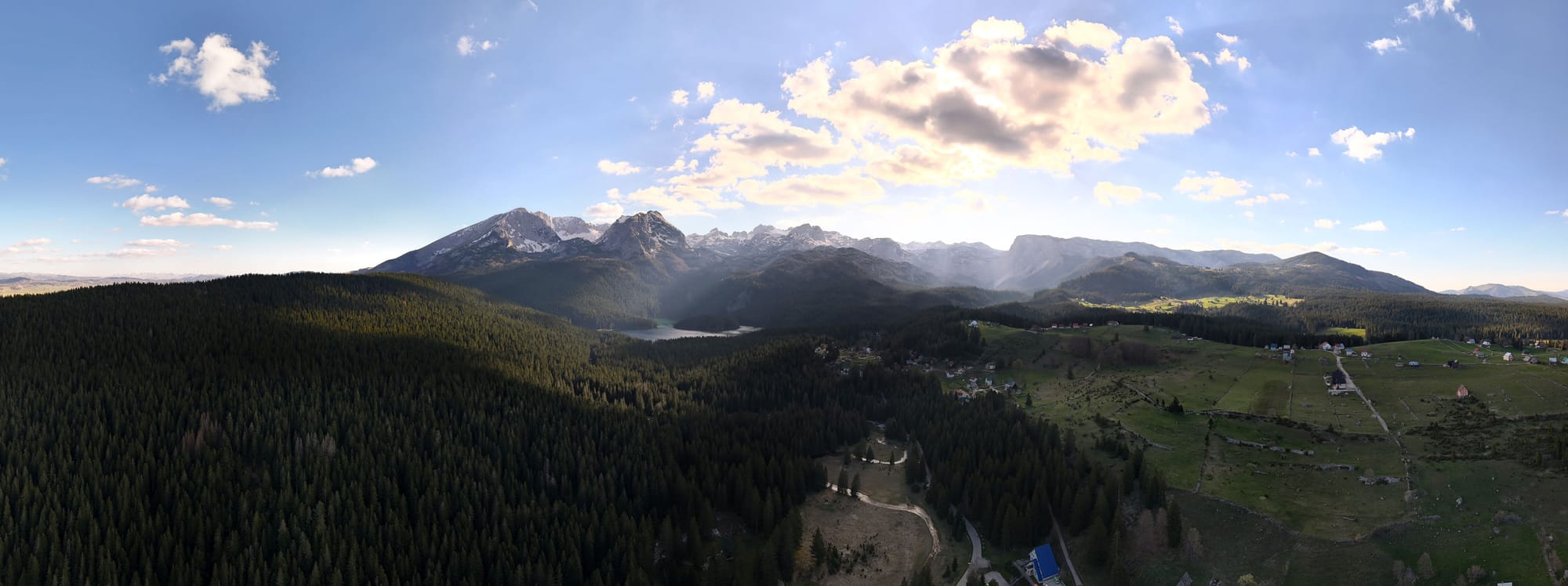
What Travel Teached Us
Travel isn’t just about ticking countries off a list — it’s about the way people treat you, the surprises in each day, and how your worldview shifts along the way. The Balkans reminded us how much works well in Germany — efficient infrastructure, clean streets, reliable systems — but also how easily we forget to appreciate it.
In this region, we found joy in the unplanned. In the smiles of strangers. In sharing stories over homemade Raki. These countries reminded us that meaningful moments often come without agenda — just a feeling of presence, gratitude, and quiet wonder. These are the kinds of experiences that stay with you, shaping your memories long after the dust of the road has settled.
Explore the unknown corners of the world, far beyond maps and expectations. Dream of journeys that stretch your understanding and deepen your empathy. Discover people, stories, and places that will forever shape how you see yourself.
